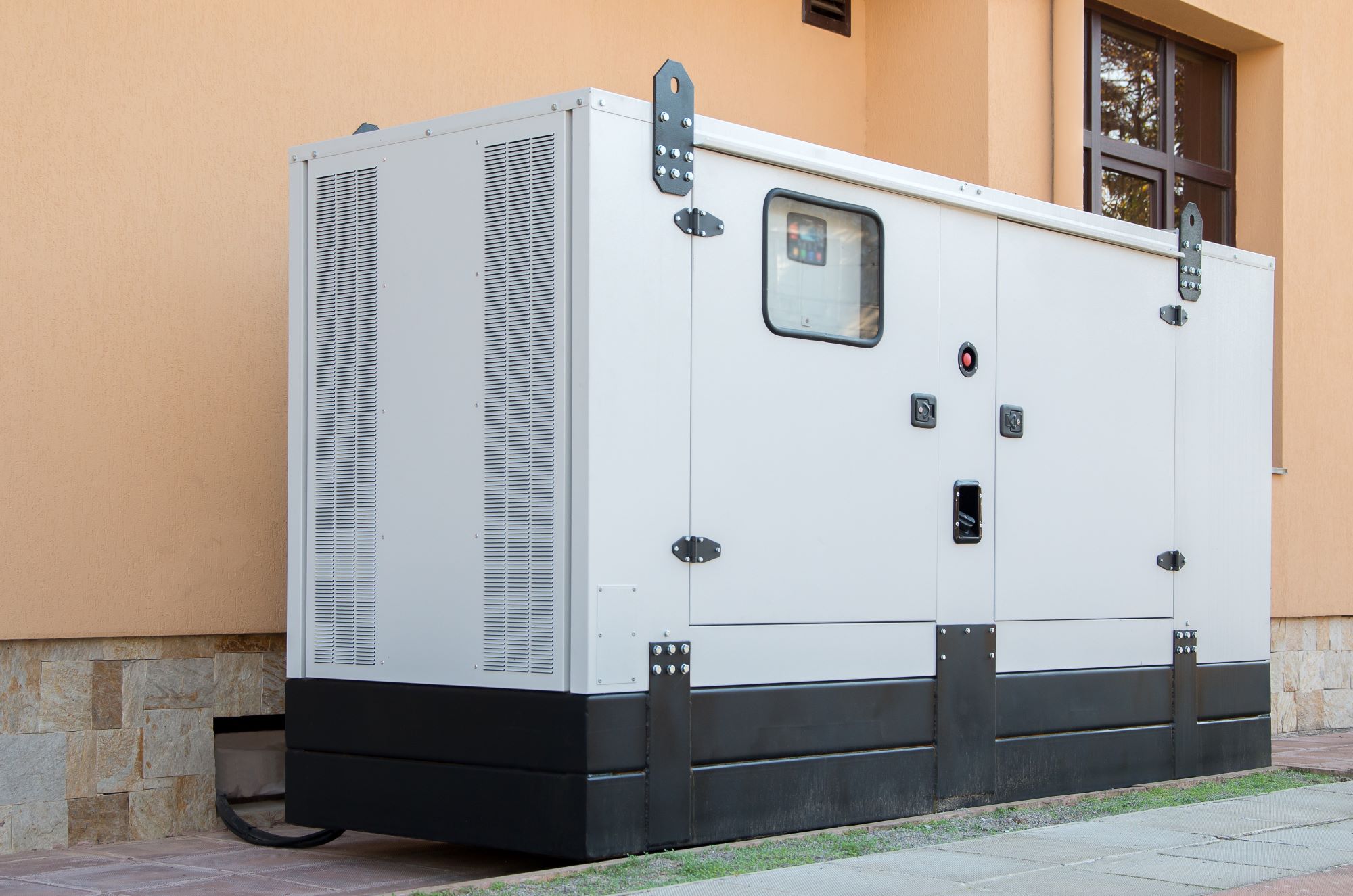How Will the New UK Smart Charge Points Regulations Affect You?
There are already an estimated 477,000 electric vehicles (EVs) on UK roads and this number is expected to increase sharply over the upcoming years. If you already have an EV, then you probably know that new regulations now cover all new private EV charge points (in homes and workplaces) sold and installed in the UK.
Read on to discover the reason for the change, the main stipulations involved, and how it will impact you.

Net Zero Emissions by 2050
The new regulations reflect the government’s commitment to attaining its goal of zero emissions by the year 2050. They essentially indicate that electric vehicle charge points must be installed at new residential homes and any buildings with parking. Buildings undergoing major renovations will also require charge points if they have more than 10 parking spaces.
Late last year, Boris Johnson said that the regulations represented a pivotal moment, with around 145,000 chargers being installed because of them.
The EV Charge Point Grant Eases the Burden of Installing Chargers
The UK government’s EV charge point grant provides funding of up to 75% towards the cost of installing EV charge points on domestic properties. This grant replaced a previous scheme on April 2022. This follows the lead of countries like the US, where incentives for home charging stations abound.
There are also federally funded, state, and local initiatives for those buying a new electric vehicle. The UK grant covers scenarios in which charge points might be needed. The Government website provides information for everyone from flat owners to landlords, homeowners, and staff and fleets.
The Regulations Have Restrictions
If you are installing a new charge point, take note: the regulations do have specific requirements you need to be aware of. For instance, the charge points will incorporate preset default charging hours that lie outside peak hours (8am to 11am, 4pm to 10pm from Monday to Friday). The restrictions have been placed to obtain a more optimal supply balance for the National Energy Grid and to enable drivers to pay lower energy rates.
The new chargers will also have a ‘randomised delay function’. This will stop all charging points from starting their charge simultaneously. It may take up to 10 minutes longer when your EV starts or stops charging. You should take this into account when scheduling your session, giving yourself a little leeway. You can override this requirement via a dedicated app. However, sticking to the new requirements will help the entire process flow more smoothly.
New charging regulations have taken effect across the UK. They essentially stipulate that electric vehicle charge points must be installed at new residential homes and any buildings with parking. The aim is to ease the transition to EVs in the near future, though there are some restrictions that car owners should be aware of.
These include preset default charging hours and random delays that aim to ease the burden on the grid and keep energy costs lower.












